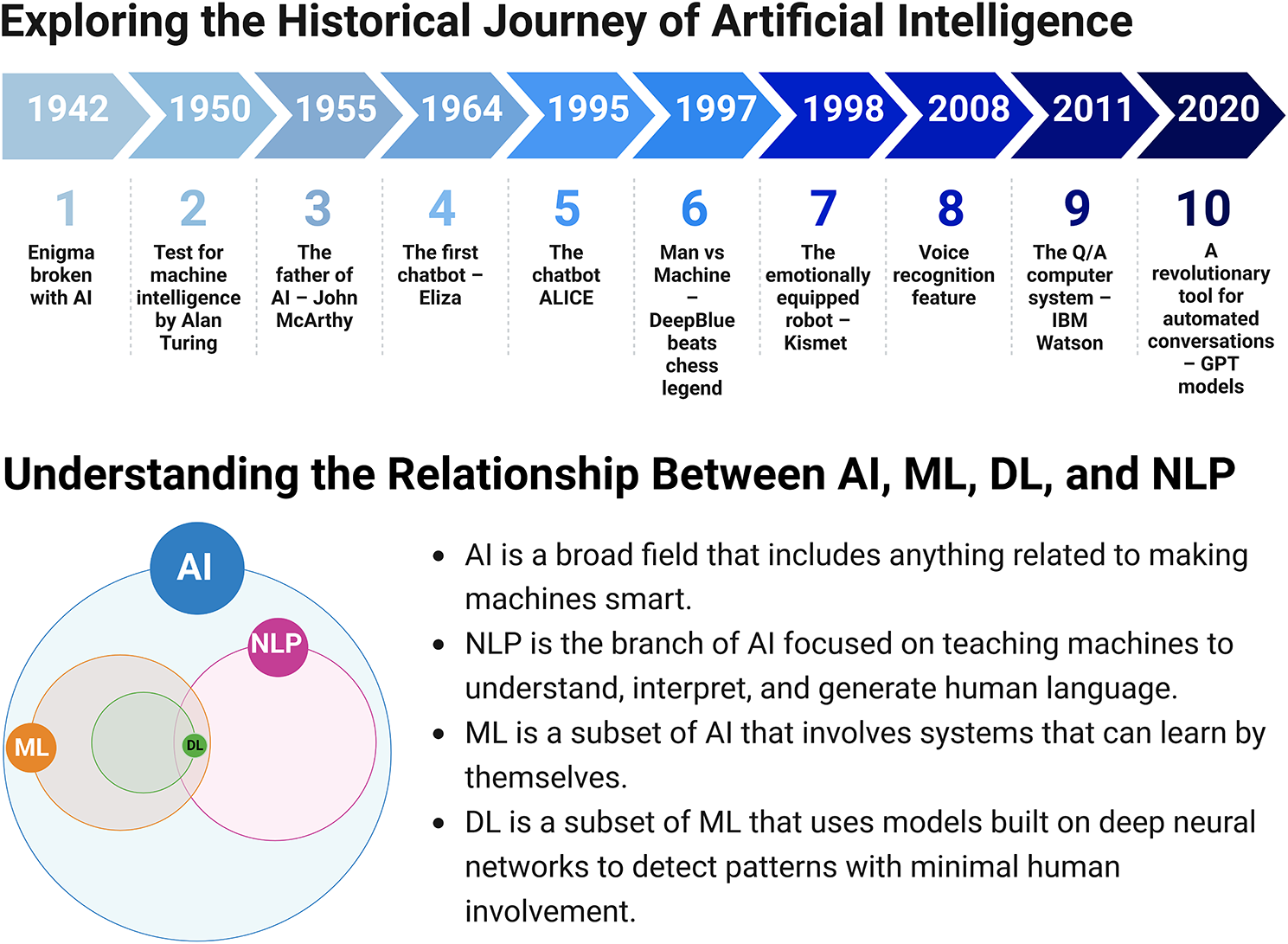Overview
As artificial intelligence (AI) becomes more prevalent in healthcare, a recent multinational study from Aarhus University reveals that dental patients are generally supportive of AI’s role in diagnostics, albeit with some reservations. The findings indicate that while patients appreciate the potential advantages of AI, they firmly believe that human oversight is essential.
Key Findings
- Patients view AI as a valuable tool for enhancing diagnostic accuracy and efficiency.
- Concerns persist regarding data privacy and the potential for increased healthcare costs.
- The majority of participants emphasized the necessity of professional human oversight in AI applications.
Cultural Insights
The study highlighted varying attitudes towards AI across different countries. For example, Brazilian participants showed a greater willingness to accept AI in certain situations, possibly due to frustrations with long wait times and inconsistent care quality in their healthcare system.
Alignment with Dental Professionals
Interestingly, the sentiments expressed by patients align with those of dental professionals. Previous studies indicate that dentists are optimistic about AI’s potential but stress the importance of ethical guidelines and thorough validation before widespread implementation.
Future Directions
According to Associate Professor Ruben Pauwels, the study underscores the importance of treating AI as a supportive tool rather than a replacement for human expertise. He advocates for clear communication regarding AI’s role in dental care and the need for ongoing education for both healthcare professionals and patients.
Looking Ahead
As AI technology continues to evolve, researchers anticipate that public attitudes will shift as understanding of AI improves. Aarhus University plans to incorporate AI training into its dental curriculum starting in 2026 and is developing resources to help clinics communicate AI’s role effectively to patients.
